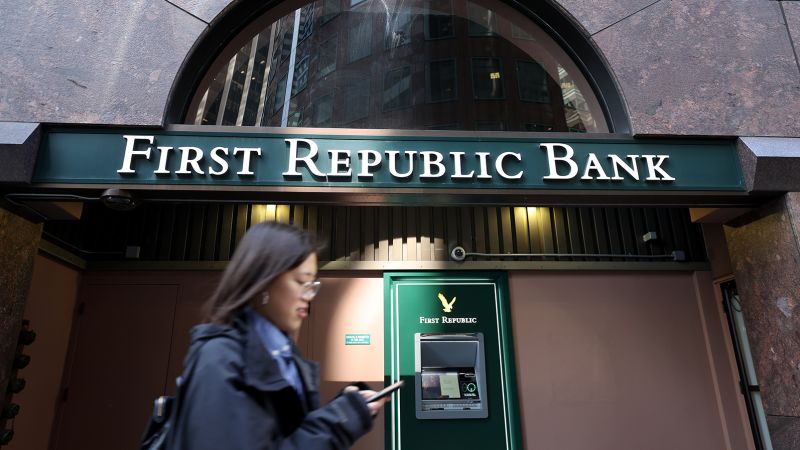Key takeaways:
- The banking sector is facing a crisis of confidence after a major, systemically significant bank collapsed over the weekend.
- In response to the turmoil, a group of central banks from around the world have provided an emergency cash infusion.
- The potential implications of the banking crisis are far-reaching, with the possibility of job losses and a housing crisis.
The banking sector is facing a crisis of confidence after a major, systemically significant bank collapsed over the weekend. This has caused financial institutions and regulators to scramble to prevent the spread of the problem and raised the specter of a 2008-like banking crisis.
In response to the turmoil, a group of central banks from around the world have provided an emergency cash infusion to keep loans flowing to households and businesses. This was followed by a historic takeover of a “too big to fail” bank, Credit Suisse, by rival UBS.
The takeover of Credit Suisse has taken one giant, wobbling domino off the table, but the question investors and customers want answered this week is whether other banks are about to fall – or be saved.
The banking sector is facing a period of uncertainty as regulators and financial institutions attempt to contain the crisis. The lessons from the 2008 global financial crisis are being applied to the current situation, with the aim of preventing a similar economic downturn.
The potential implications of the banking crisis are far-reaching, with the possibility of job losses and a housing crisis. It is therefore essential that the banking sector is stabilized to protect the U.S. economy and individual consumers’ banking deposits.



Be First to Comment